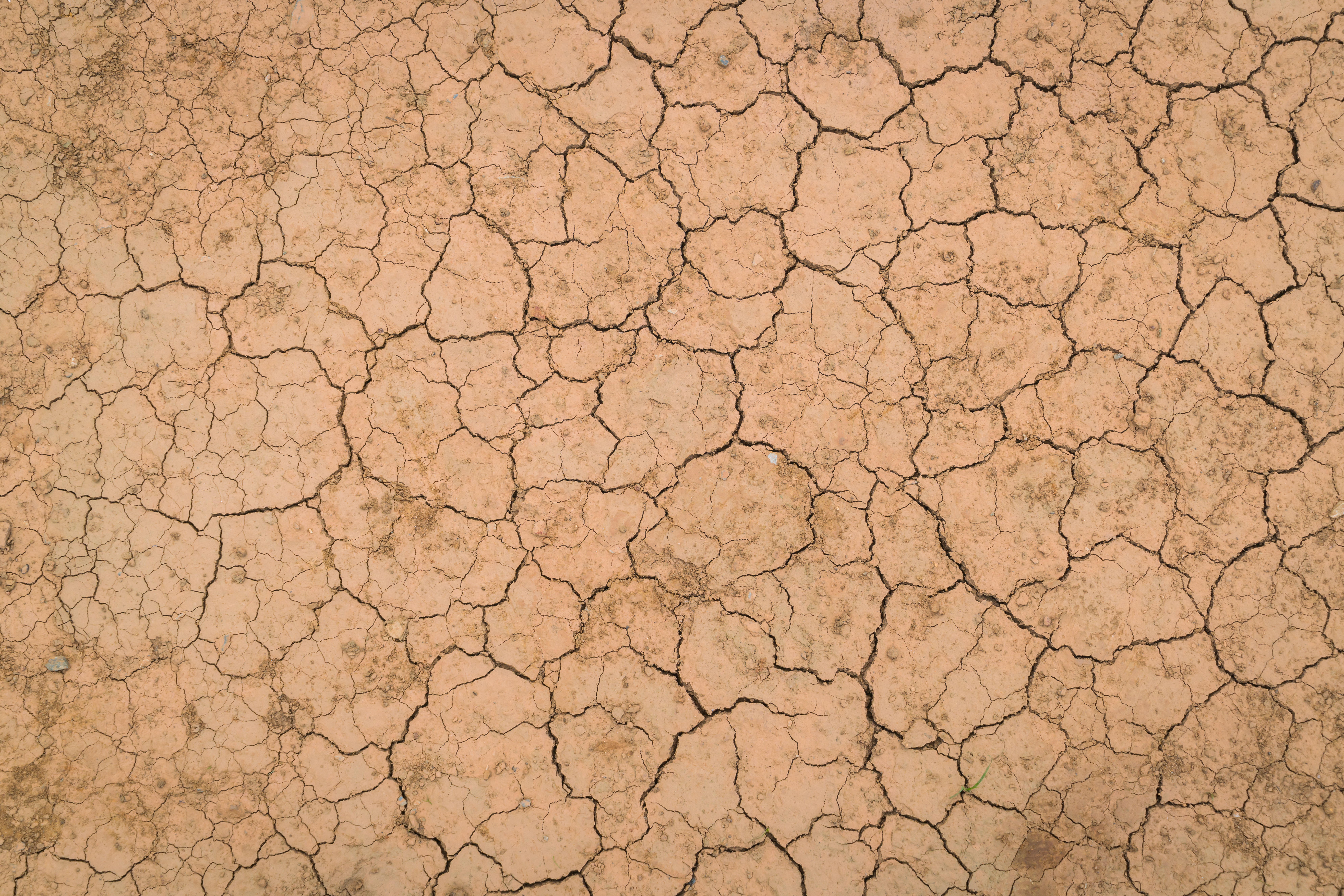Fasting during Ramadan: Strategies to Prevent Dehydration
As the holy month of Ramadan dawns, millions of Muslims worldwide embark on a period of daily fasting, one of the five pillars of Islam. This sacred time requires abstaining from food and drink from dawn until sunset. However, in regions where daylight hours are extended, maintaining adequate hydration becomes a significant challenge.
Understanding the Risk of Dehydration
Dehydration occurs when the body loses more fluids than it takes in. During fasting, the risk of dehydration can increase, particularly in hot climates or for individuals engaged in physical labor. Dehydration not only impacts physical and mental performance but can lead to serious health complications if left unchecked.
Tips to Prevent Dehydration
- Adequate Fluid Intake: It’s crucial for fasters to consume sufficient fluids between Iftar (evening meal) and Suhoor (pre-dawn meal). Avoiding diuretic beverages like excessive coffee and tea can also be beneficial.
- Minimize Sun Exposure: Reducing direct sun exposure during peak hours can help decrease fluid loss through sweating.
- Incorporate Water-Rich Foods: Including fruits and vegetables like watermelons and cucumbers in your diet can aid in staying hydrated.
- Listen to Your Body: Paying attention to signs of dehydration such as dry mouth, dizziness, or headaches, and acting wisely if these symptoms appear.
Preventing dehydration while fasting during Ramadan is not only essential for health but also a part of maximizing the spiritual and physical benefits of this blessed month. By following these tips, fasters can maintain proper hydration and safely continue their fast.


